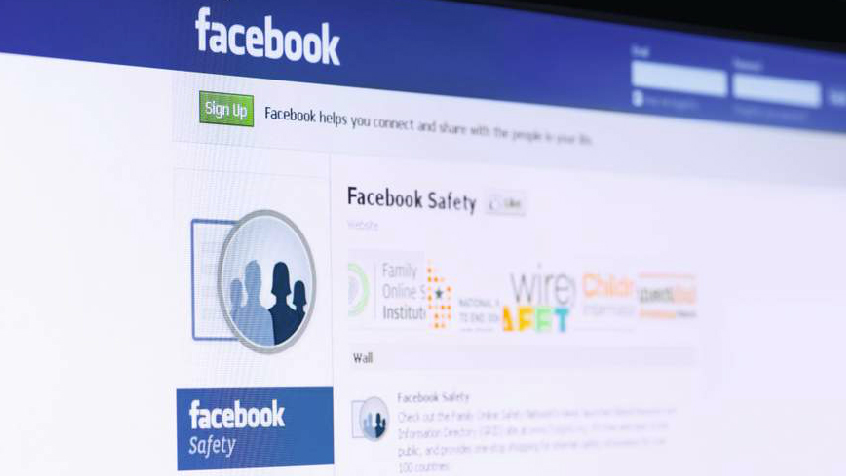You can't beat bullies with a ban
Kids deserve better than simplistic solutions

I can't begin to imagine what Dave Smith, father of 14-year-old Hannah Smith, is going through right now. His daughter killed herself after sustained bullying on Ask.fm, and now her grieving sister is being targeted too.
Smith, unsurprisingly, wants something to be done. According to the Daily Mail, he "has now begged the Prime Minister to have the social network banned".
There are already petitions: one on Change.org has amassed 3,952 signatures so far, while the Ask.FM Should Be Banned Facebook page has 1,571 Likes.
The newspapers are on the case, just days after Twitter abuse hit the headlines, and it's clear that thanks to technology, hateful little non-entities have more power than ever before.
Ban this sick filth, we're urged. End anonymity for abusers.
It won't work.
Leaving aside the slippery slope of creeping censorship, anybody who's ever been bullied knows that if you close down one avenue, the bullies will find another. That's what bullies do.
Get daily insight, inspiration and deals in your inbox
Sign up for breaking news, reviews, opinion, top tech deals, and more.
But that doesn't mean we should just throw up our hands in despair.
Laws apply to cyberbullies too
I think there are three problems here.
One, websites and web services don't have the resources to police abuse properly, and they aren't very keen on doing that anyway: more often than not it's easier to report a spammer than someone spouting vile abuse. Hopefully this weekend's Twitter silence and the current media storm over Ask.fm will encourage the firms to do more - but while a change in attitude is long overdue, they can't police everything. The volume is too much.
Two, the abusers - let's stop calling them trolls; trolls are wind-up merchants, not the contemptible people we're talking about here - don't think there are consequences to their actions. The people posting rape threats and death threats on Twitter don't really think the police will come knocking, even though such communications are illegal.
This isn't a technological problem. It's a cultural one.
The bullies don't know that there are at least five different laws that might apply to their behaviour, that those laws apply to children as young as ten, or that in England, the Education and Inspections Act 2006 empowers head teachers to take disciplinary action even when bullying happens outside of school premises and hours.
Bullies simply don't think anybody will tell their teachers, or their parents, or call in the authorities (Paul Carr wrote a superb article on amateur hackers' similar worldview, and it's well worth your time: "The video game-like simplicity with which even serious crimes can be committed online makes it easy to underestimate their real world consequences").
And three, we adults are looking for quick fixes and magic buttons. We want to be able to block Ask.fm and carry on with a clear conscience, safe in the belief that the big bad bullies are no more - so when the next suicide is linked to a different social network, we'll express our shock and surprise and demand that that one be shut down too.
Newspapers will demand something be done, but the something that needs to be done doesn't lend itself to quick-fix campaigns.
The problem is not the technology, or a specific website. It's much, much bigger than that.
This isn't a technological problem. It's a cultural one. As long as bullies' actions don't have consequences, as long as other children join in or stay silent when they see it happen, as long as victims stay quiet instead of confiding in someone - someone who can and will do something about it - then the problem will continue.
Last week it was Twitter, today it's Ask.fm, tomorrow it'll be somewhere else. If the best solution we can come up with is blocking a URL, then we're failing our children terribly.
- Useful contacts: Beatbullying | Samaritans 08457 90 90 90 | Report abuse to CEOP
Writer, broadcaster, musician and kitchen gadget obsessive Carrie Marshall has been writing about tech since 1998, contributing sage advice and odd opinions to all kinds of magazines and websites as well as writing more than a dozen books. Her memoir, Carrie Kills A Man, is on sale now and her next book, about pop music, is out in 2025. She is the singer in Glaswegian rock band Unquiet Mind.
